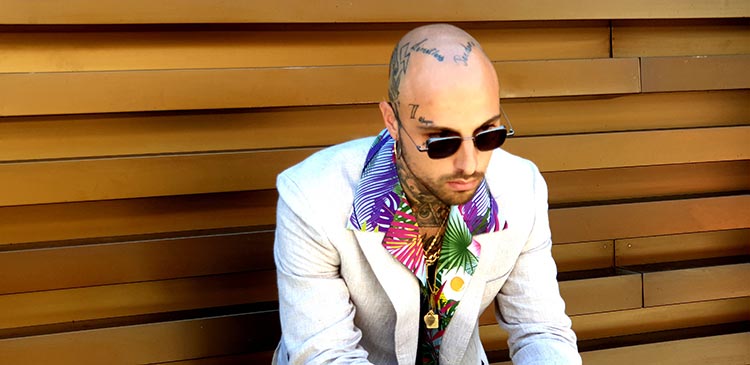Dihydrotestosterone (DHT) is a hormone produced from testosterone via an enzyme. This hormone is associated with the development of male and female secondary characteristics.
What is DHT?
Almost 10% of testosterone produced by an adult each day is converted into DHT by the testes and prostate (in men) and ovaries (in women). This hormone is also responsible for the onset of puberty- development of pubic hair follicles.
The enzyme involved in the conversion of testosterone into DHT is 5- alpha-reductase. Having an excess of this enzyme leads to more DHT production.

DHT’s Role on Hair Loss
Aside from its effect on the development of pubic hair, hair loss research at perfecthairhealth.com proves DHT to be a steroid that plays an influential role in hair loss. DHT reduces the proper growth patterns of the hair follicles in a process referred to as miniaturization. This means that the DHT hormone attaches itself to the dermal papilla(root) of genetically susceptible hair follicles around the body. The resulting effect is a lighter and finer hair which lacks the necessary nourishment needed for hair growth because of the blockage by the DHT hormones. Over time, these hair follicles begin to shrink. The growing stage of the hair (anagen stage) begins to come to a halt while the resting stage (telogen) is extended. After a while, hair completely stops growing.
For reasons that are not well understood, DHT is essential for hair growth at the armpits, pubic and beard regions of the body- as high levels of androgen is needed here for proper hair growth.
Women, Too.
Women are not totally exempted from the DHT hormones. Although the rate of production of DHT is not as compared to the rate of production in male, females also have a little DHT in their system. Most people consider hair thinning as a phenomenon peculiar to only older women – tats false. Most women in their 20s and 30s also experience hair loss.
Most drugs that are dedicated to combating hair losses focus more on reduction in the rate of conversion of testosterone to DHT. It is, however, important to note that these drugs tend to be administered lesser to women compared to their male counterpart. Why? The drug itself has other side effects which include an increased risk of sexual side effects, nausea, depression, hot flashes and even increased levels of estrogen – which could itself be a risk factor in the combat against hair thinning.
Natural Methods of Preventing Hair Loss
Apart from medications- which avoid increased production of DHT, there are other natural ways of preventing hair loss including regular intake of filtered water, proteins, and oils. Washing your scalp with green tea, use of coconut moisture, regular scalp. Massage and brushing your hair gently cannot be underrated too.
Considering the fact that DHT hormones also aide the development of male sexual characteristics such as a deep voice and strong muscles, blocking its production due to hair loss could be an entirely bad idea. Of course, DHT could be a leading cause of hair loss, blocking its production could lead to side effects such as erectile dysfunction, rash, vomiting and a lot more.
Wrapping It Up
The link between DHT and hair thinning is established, and this could be the reason for your incessant hair loss.















